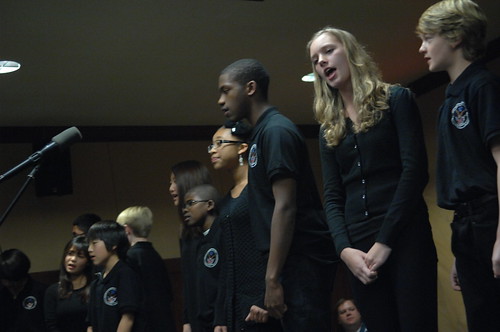
"Schools have a great need to assess 21st century skills such
as systems thinking, collaboration, problem-solving, and communication in the
context of important subject-area knowledge and concepts.
The path that the authors have outlined is not easy. They call on
experts in disparate fields to collaborate to build and test more GBAs in order
to bolster their empirical track record, which is necessary to see if they can
fulfill their promise.
GBAs offer a new flavor on the assessment platter; they address
themselves to higher-order skills and concepts in a way that is open-ended,
personalized and engaging, yet with the application of psychometrics to the
rich data they generate, they have the potential to demonstrate high validity
and reliability.
GBAs could help students, teachers and the education system
operationalize our definition of learning and intelligence in a more
sophisticated way, by capturing individual patterns of thought rather than just
patterns of numbers: like going from a bar code to a photograph"


